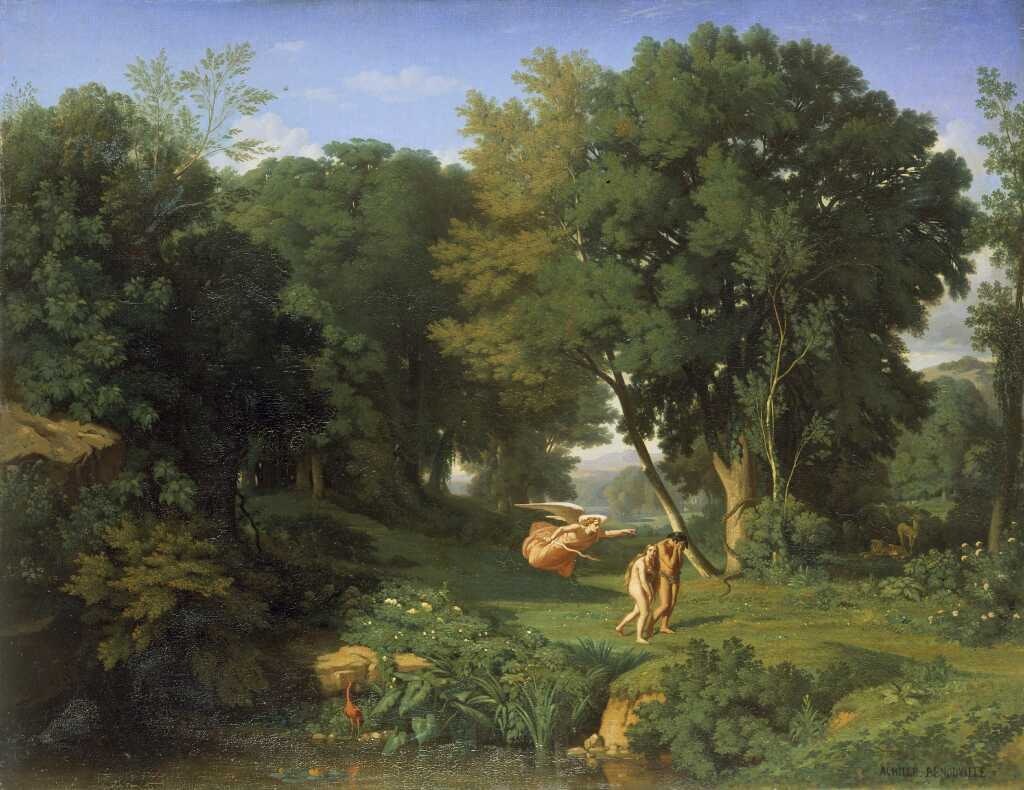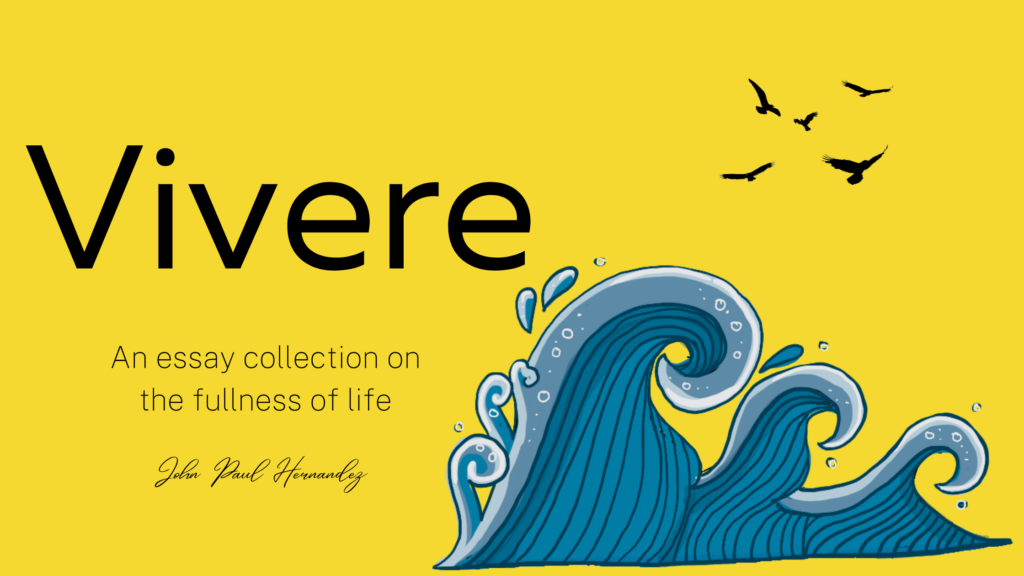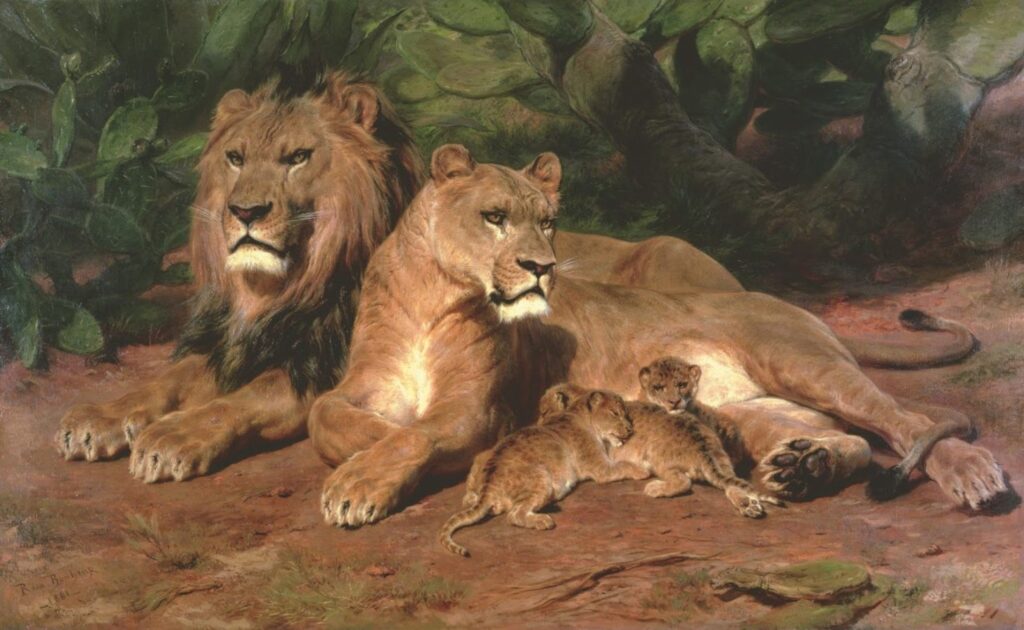“… who told you that you were naked?” -Genesis 3:11 [NLT]
If We Let It, Ice Melts
In 1833, a physician named John Gorrie moved to the Gulf coast of Florida. He was a resident at two hospitals and became an active member of his community. He also loved ice.
One of the greatest threats of the time was malaria and yellow fever. Gorrie understood that heat and humidity helped spread these sicknesses.
By cooling hospitals, he would help prevent illnesses. If he installed basins near the ceiling with blocks of ice, he could lower temperatures in sick rooms. This helped bring a fever down and prevent the further spread of disease.
But he faced a problem.
Florida’s scorching heat would make it impossible to transport blocks of ice traveling by boat. If transportation wasn’t an option then he would have to find a way to create it.
Gorrie experimented with compression cooling and in 1851, he won a patent for a machine that made artificial ice.
It was a promising opportunity, considering its ability to be powered by almost anything, like water, steam, or physical force.
But Gorrie never enjoyed the fruit of his labor.
He was impoverished during this point in his career and sought to raise funds to produce his machine for the market.
The challenge proved to be too steep. He could not capitalize on it and he let it affect his self-image.
It all came crashing down when his business partner passed away.
This failure derailed and consumed him. He felt ashamed.
After suffering from poor health, he died alone, impoverished, and into obscurity.
While tragic, the real tragedy was the unrealized potential and influence Gorrie could have had.
Even if he kept trying to get his machine to market, and failed, he would have undoubtedly created new solutions and inventions to solve problems for many people. It was part of who he was.
Instead, he let the weight of failure and public opinion redefine who he was.
Despite his ending, Gorrie’s ideas helped transform medicine, air conditioning, and the world. It also paved the future for climates like Florida by helping it become more habitable despite the heavy humidity and strong heat.
While resilient, Gorrie gave up and failed himself.
Ice represented an opportunity. When he abandoned his dream, he let it melt along with it. Why? He stopped believing in himself despite his outside circumstances and what people thought around him. He let failure and shame shape who he was destined to be.
Remember the Garden
Who told you you were naked? Those were some of the first words Adam and Eve heard from God after eating the forbidden fruit.
In the Biblical story, when Adam and Eve ate the fruit, they were ashamed of their nakedness and made clothes. They hid from God.
Our “nakedness “ is the most valuable part of our soul and purpose.
It’s our true natural state. When other people around us tell us otherwise, we fall short of our identity. Don’t let outside circumstances or people take it from you.
It was only when Adam and Eve were comfortable with who they were that they walked with God in the Garden.
This was their purpose. When we doubt our true selves, we rob ourselves of who we are meant to be.
Nakedness does not represent shame.
It’s who we are without the influences around us.
People can think what they want based on what they see of you, but how you react is entirely up to your interpretation and perspective.
When we embrace our nakedness, we are exposed but we fear no shame or failure. We “walk with God,” firm in what we believe and adamant to fulfill our purpose.

We don’t need to prove ourselves to anyone. We are valuable.
We are worthy.
When we know our identity, we have room to fail. We can jump. We can experiment. We can change the world around us.
Today, we can choose to be or not to be. We all have ideas and passions and we can let them fade away or we can do something about it.
This essay is part of the series, Vivere: On Living a Full and Balanced Life.
Originally published on January 10, 2021.


